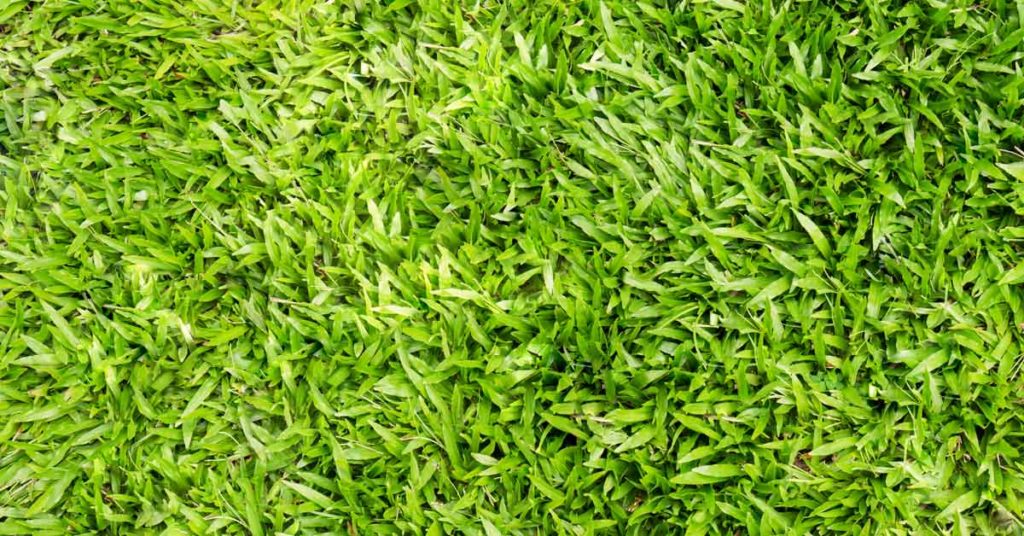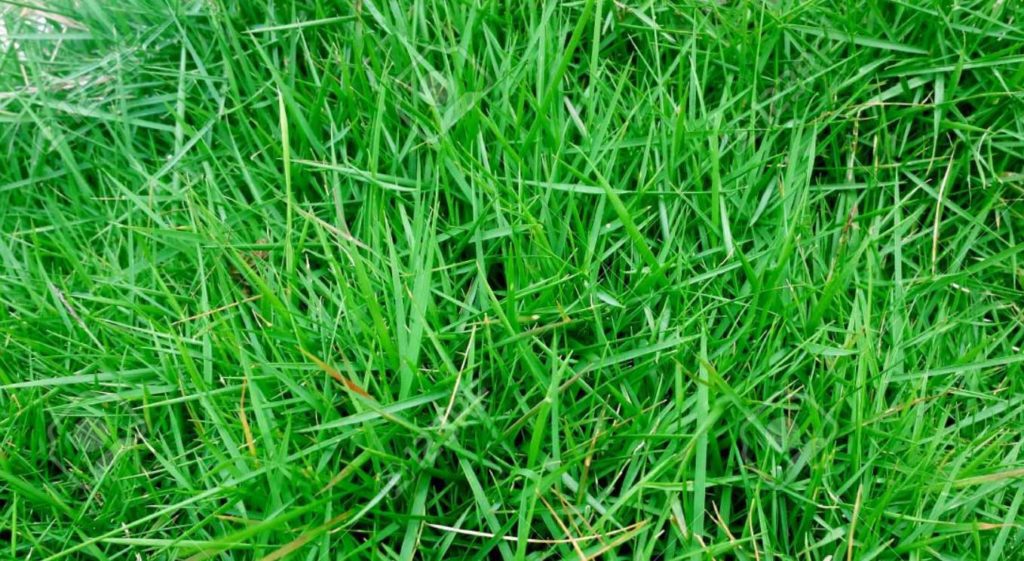Do you have any idea about the best one among Centipede grass vs Bermuda grass for your lawn? If not then continue reading here to get the right information.
Centipede grass and Bermuda grass are very popular among lawn lovers. Whoever has a lawn is familiar with these grasses. The color, structure and growth of these grasses are admirable.
But the confusion starts here when it comes to choosing one. You don’t need to worry at all. Here you will get rid of all your confusion.
Centipede Grass vs Bermuda Grass
Centipede grass and Bermuda grass both are warm-season grasses. These lawn grasses are mostly applied in the Southern half of the United States.
These grasses earned the name as warm-season grass because their most active development happens in the warm season. These grasses grow effectively in warm weather.
If you are from a warm-weather area then you should choose summer grass seeds for your yard. Their thriving process and tendencies for warm land climate keep the lawn green in the summer heat.
But still, these grasses have some differences between the shape of the leaves, color, seeds, growing ability, capacity to tolerate heat or cold and traffic tolerance.
So let’s find out the differences and analyze them to choose the best grass for the lawn.
Identification Of These Grasses
To select the right grass for your lawn you need to identify it. You might have a question in your mind: what does centipede grass look like or Bermuda grass? Or how to identify which grass seed or grass you have?
Centipede Grass
So let’s start with identifying Centipede grass seed and grass. This grass is frequently found in the Southern and coastal areas.
Centipede grass leaves are boat-shaped, and the color is light green. Its collar can have a purple complexion, and it’s more compressed than all other grasses.
This grass generates seed in the top of its head, and it is reproduced by seed. Its seed has a color of yellow-green, and it is particularly susceptible to iron insufficiency. By seeing this quality, you can make centipede grass seed head identification.
Bermuda Grass
Bermuda grass captures the green color in summer and the light brown color in winter. It has thin leaves, and it gets dense in leafage.
The leaves are 16″ to 18″ wide. Widespread Bermuda grass quickly occupies flower coatings. You can identify Bermuda grass by noticing these qualities.
Comparison Chart
A comparison chart is shown below-
| Centipede | Bermuda | |
| Growing Region | Southeast | Southern Lawn, Coast-to-Coast |
| Maintenance Needs | Very low | High |
| Heat Tolerance | High | High |
| Cold Tolerance | Low Moderate | Moderate |
| Drought Tolerance | Low | High |
| Shade Tolerance | Moderate | Low |
| Traffic Tolerance | Low | High |
| Preferred Soil pH | 4.5 to 6.0 | 5.8 to 7.0 |
| Height for Home Lawn- Inches | 1.5 to 2.0 | 1.0 to 1.5 |
This comparison chart will help you to understand the nature of these grasses and choose the suitable one for your lawn.
Maintenance Requirement
Both are warm-season grasses, but the maintenance requirements are different from each other. Bermuda grass grows so quickly that it needs to be mowed often, and it grows so much dense turfgrass.
It needs high maintenance. It needs high fertilizer and watering maintenance. This grass preferred soil pH is 5.8 to 7.0 to grow healthy grasses.
But on the other hand, Centipede grass seed gives low growing grasses. For this, you don’t need to mow the lawn frequently. And it requires very low maintenance.
You don’t need to work hard on it. It requires low fertilizer maintenance and watering. Centipede grass preferred soil pH is 4.5 to 6.0 to grow active grasses.
Temperature Tolerance
Bermuda grass vs Centipede vs St Augustine all is mainly warm-season grasses. But they prefer a different nature as well.
They don’t have the same ability to tolerate all weathers, shade, drought, and traffic. Now you will know the tolerance proficiency between Centipede and Bermuda grass.

Warm Weather
Centipede and Bermuda both have the proficiency to tolerate the summer heat as they are warm-season grasses.
Their heat tolerance ability is high. In summer, dense and green grasses make the lawn more beautiful. It’s the time when they start thriving and growing well.
Cold Weather
Bermuda grass is moderate in cold tolerance. And Centipede grass is low to moderate in cold tolerance. Many cold region people apply these grasses to their lawn.
Bermuda grass growth is moderate in winter because of the cold. And the shade tolerance of it is also low.
Centipede grass remains green all winter. But in winter, if the temperature falls very low, its roots will thrive very slowly, and the grass growth will restrain.
Centipede Grass Takeover by Bermuda Grass
Lawn lovers sometimes think: can I mix Bermuda and Centipede grass? So, yes, you can grow Centipede grass in Bermuda grass. Bermuda is the best grass to mix with Centipede grass. It helps to prevent disease issues.
But as Bermuda grass is a fast-growing grass and makes dense leafage it will take over Centipede grass. Bermuda grass thrives fast and begins to choke off Centipede grass once its seeds take root.
Frequently Asked Questions
Which grass is better between Bermuda grass and Centipede grass?
Bermuda is the fastest growing grass, but it has a tolerance limit in cold weather. It has a moderate ability to tolerate cold weather.
And Centipede is the slowest growing grass that has low, moderate tolerance to cold weather. So at that point, Bermuda is better than Centipede grass.
How can I identify if I have centipede grass?
You can identify centipede grass by seeing its grass texture and the bright color green. Its leaves are narrowly creased and organized on the stolon one after the other.
Its thin individual seed tops are narrowly extended above the leaf plates and generate tiny white blossoms.
Is centipede a good grass?
Centipede grass is a wonderful heat-tolerant grass.it doesn’t require high maintenance.
It requires less observance but gives a better result in its thriving sector. For this, Centipede is good grass.
Final Notes
Every grass has a different nature to grow. Bermuda grass and Centipede grass are very attractive and good grass for lawn owners.
But the maintenance, mowing, fertilizing, and temperature tolerance strength are different. So selecting convenient grass for your lawn is a must. So you should know the differences to select which grass you prefer.
I hope after reading this content, you learned about the difference between Centipede grass vs Bermuda grass. Now it is easy for you to choose your preferred one.
